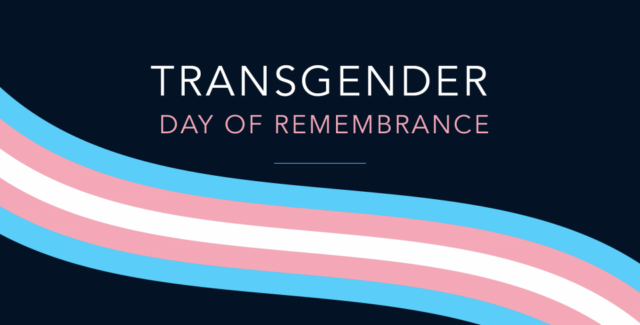The federal government announced plans in last month’s budget to move ahead with tens of thousands of cuts to federal the public service.
But that doesn’t mean you’ll lose your job. While the employer says many of these cuts will be through attrition and early retirement, PSAC is pushing back on cuts to services, and we’ll be there to fight to ensure you receive the full benefits of your collective agreement. That’s because for decades, we’ve negotiated the strongest Workforce Adjustment protections in the country that lay out clear options if your job is impacted – and we’re at the bargaining table right now fighting for even stronger safeguards.
During the sweeping Harper cuts, one in seven PSAC members received affected notices, but WFA protections like alternation and other measures meant that only a fraction of affected members left the public service involuntarily.
Although the government hasn’t announced the full scope, timing, or locations of these cuts, you should understand your rights and your options as PSAC continues to fight these cuts and defend your rights under the collective agreement.
New early retirement incentive
This week, PSAC members have started receiving letters from their employer notifying them they may be eligible for the government’s new early retirement incentive (ERI). While the employer says ERI exists outside of the negotiated workforce adjustment process, PSAC’s position is that all involuntary layoffs fall under the collective agreement, and we will enforce it.
The government hasn’t announced all the details of the program. But one thing is clear: accepting the ERI means you may not be entitled to the transition support measure — the lump sum payment based on years of service that PSAC negotiated as part of the workforce adjustment and employment transition process. That means you may not receive the entitlements negotiated in our collective agreements to mitigate the harm of job cuts.
PSAC welcomes efforts to prevent involuntary layoffs. But any early departure program must be negotiated with the union and must honour the hard-fought contractual benefits enshrined in our collective agreements. We are pressing the government to meet with us to discuss the full details of the ERI. Once we have this information, we will provide further advice to members.
Members should carefully consider their options and understand their rights before making an informed decision.
Existing pension waiver option
Under the Public Service Superannuation Act, Treasury Board can waive the pension reduction that normally applies when an employee retires before meeting the plan’s age and service requirements.
Normally, your pension is reduced by 5% for each year you retire early. For example, retiring five years early would mean a 25% reduction. However, during workforce adjustment or employment transition — including when you are laid off or alternate with someone who has been declared surplus — this reduction can be waived for eligible employees.
To qualify, you must meet all the following conditions:
- You retired involuntarily (this includes voluntary departure programs and alternation);
- You are within five years of the pension eligibility age;
- You have two or more years of pensionable service;
- You have worked in the federal public service for at least 10 years in total.
Check which rules apply to you in terms of age requirements:
How to apply for a pension waiver
A pension waiver must be certified by your deputy head — typically a deputy minister for Treasury Board departments, the commissioner for CRA, chief executive officer for Parks, and president for CFIA. Deputy heads do not approve or deny waivers, they only confirm whether you meet the eligibility criteria.
You may ask your manager to have the form completed by the deputy head, so that you can submit it to the Government of Canada Pension Centre. If all conditions are met, the Pension Centre will process the waiver.
If your pension waiver request is denied, contact your PSAC component to understand why and discuss your next steps.
How alternation works
If retirement is on the horizon for you, alternation may be an option. Alternation allows a non-affected, indeterminate employee to “swap” positions with an employee who has been declared affected or surplus. This lets the affected employee keep their job and would allow you to leave the public service early.
Key considerations:
- Alternation is available from the start of the 120-day decision period until the end of the surplus period (for those who chose Option A).
- The alternation must result in the permanent elimination of the affected employee’s position.
- Management has final approval.
- Alternation must be between employees in the same group and level or equivalent positions, as long as salary discrepancies do not exceed six per cent.
If you alternate to leave the public service, you are entitled to:
- Option B – Transition support measure: A lump-sum payment based on years of service.
- Option C (i) – Education allowance: The same lump sum payment, plus up to $17,000 in reimbursable education expenses.
Visit PSAC’s alternation platform to register and browse listings for potential alternation matches.
Next steps
Before making any decisions about retirement, alternation, or voluntary departure, speak with your PSAC component to understand how the pension waiver, alternation, or the proposed ERI might apply to your specific situation.
PSAC is fighting these cuts on every front, through government relations, media, and direct engagement with members. We will continue to defend your rights and the protections you’ve secured through collective bargaining.
Visit our frequently asked questions to learn more about pension waivers, alternation, and the workforce adjustment and employment transition process.
This article was first published on the PSAC website.











